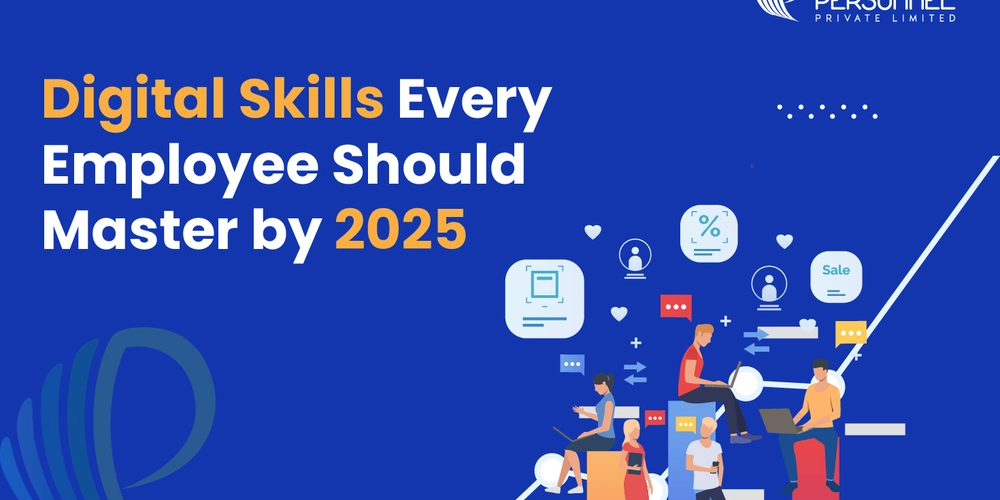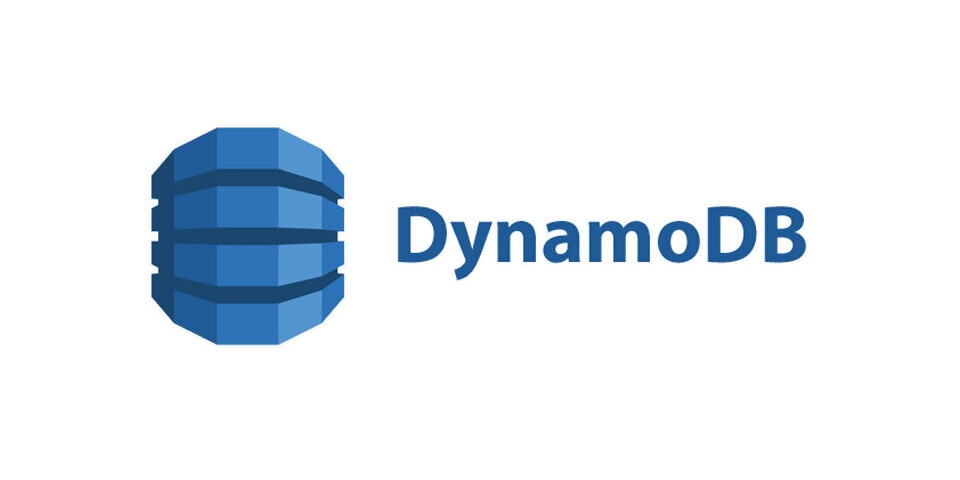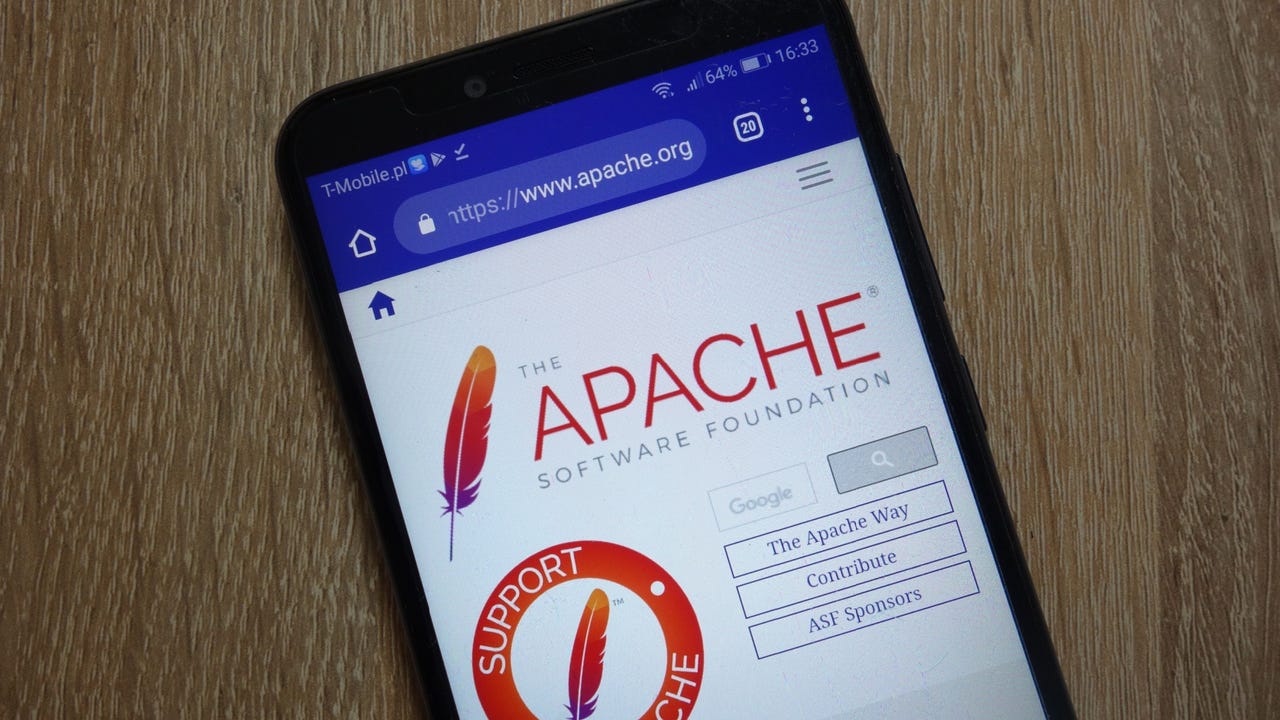Future-Proof Your Career: Acquire Every Essential Digital Skill
In an era defined by rapid technological advancement and digital transformation, the job market is evolving at an unprecedented pace. Industries across the globe are integrating digital tools and platforms into their operations, creating an urgent demand for a workforce equipped with essential digital skills. As traditional roles adapt and new career paths emerge, individuals must focus on enhancing their skill sets to remain competitive in the job market. Future-proofing your career involves identifying and acquiring vital digital skills that not only meet current industry standards but also anticipate future trends. This article will outline essential digital skills to acquire, the benefits of embracing digital proficiency, strategies for skill development, and the importance of continuous learning in staying relevant. Understanding Essential Digital Skills Essential digital skills encompass a wide range of abilities that facilitate effective engagement with technology and digital platforms. These skills typically include proficiency in digital communication, data analysis, social media management, and basic coding knowledge. Specific software tools, such as Microsoft Office Suite, Google Workspace, and project management platforms like Trello or Asana, are also considered fundamental in today’s job market. Additionally, understanding digital security best practices is crucial for safeguarding organizational data. By acquiring these skills, individuals increase their employability and ability to adapt to diverse work environments across various sectors. The Importance of Digital Literacy Digital literacy is becoming an indispensable competency, fundamentally altering how businesses operate and individuals work. In a world where information is available at the click of a button, the ability to navigate digital tools effectively and analyze information critically is vital. Companies increasingly seek candidates who can demonstrate digital fluency, as these individuals can more readily use technology to enhance productivity and drive innovation. Additionally, being digitally savvy allows employees to collaborate more effectively in remote and hybrid work environments, which are becoming increasingly common. Therefore, fostering digital literacy can enhance one's career prospects and equip individuals to thrive in a technology-driven market. Key Digital Skills to Acquire To future-proof your career, there are several key digital skills that individuals should focus on acquiring. First, data analysis and data interpretation skills are essential in a data-driven world. Employers value individuals who can analyze data sets and draw insights that inform decision-making. Secondly, proficiency in social media management enables you to effectively engage with audiences and build a brand presence, an essential requirement for marketing roles. Additionally, skills in basic coding languages such as HTML, CSS, or Python can significantly enhance your versatility as a professional. Familiarity with cloud computing tools and cybersecurity basics is also increasingly important as businesses move operations online, presenting new challenges and opportunities for IT and non-IT professionals alike. Strategies for Skill Development Acquiring essential digital skills requires a strategic approach to learning. One effective method is enrolling in online courses or training programs that focus on specific skills. Platforms such as Coursera, Udemy, and LinkedIn Learning offer a diverse array of options that cater to different skill levels and areas of interest. Moreover, participating in workshops or networking events can provide hands-on experience and valuable industry insights. Additionally, consider pursuing certifications in relevant fields, as they can enhance your resume and provide proof of your expertise. Engaging in personal projects, such as building a website, analyzing a data set, or managing a social media account, can also offer practical experience that reinforces what you’ve learned. Staying Updated with Industry Trends In the rapidly changing technological landscape, staying current with industry trends is essential. Regularly following reputable sources, such as technology blogs, industry publications, and online forums, can keep you informed about emerging technologies and best practices. Engaging with professional networks, participating in webinars, and joining relevant online communities can foster connections and provide insights into industry shifts. This proactive approach equips you to adapt to changes, ensuring your skills remain relevant in a competitive job market. Additionally, subscribing to newsletters or podcasts related to your areas of interest can provide ongoing education and exposure to new ideas. The Role of Continuous Learning In a world characterized by constant change, the mindset of continuous learning is crucial for

In an era defined by rapid technological advancement and digital transformation, the job market is evolving at an unprecedented pace. Industries across the globe are integrating digital tools and platforms into their operations, creating an urgent demand for a workforce equipped with essential digital skills. As traditional roles adapt and new career paths emerge, individuals must focus on enhancing their skill sets to remain competitive in the job market. Future-proofing your career involves identifying and acquiring vital digital skills that not only meet current industry standards but also anticipate future trends. This article will outline essential digital skills to acquire, the benefits of embracing digital proficiency, strategies for skill development, and the importance of continuous learning in staying relevant.
Understanding Essential Digital Skills
Essential digital skills encompass a wide range of abilities that facilitate effective engagement with technology and digital platforms. These skills typically include proficiency in digital communication, data analysis, social media management, and basic coding knowledge. Specific software tools, such as Microsoft Office Suite, Google Workspace, and project management platforms like Trello or Asana, are also considered fundamental in today’s job market. Additionally, understanding digital security best practices is crucial for safeguarding organizational data. By acquiring these skills, individuals increase their employability and ability to adapt to diverse work environments across various sectors.
The Importance of Digital Literacy
Digital literacy is becoming an indispensable competency, fundamentally altering how businesses operate and individuals work. In a world where information is available at the click of a button, the ability to navigate digital tools effectively and analyze information critically is vital. Companies increasingly seek candidates who can demonstrate digital fluency, as these individuals can more readily use technology to enhance productivity and drive innovation. Additionally, being digitally savvy allows employees to collaborate more effectively in remote and hybrid work environments, which are becoming increasingly common. Therefore, fostering digital literacy can enhance one's career prospects and equip individuals to thrive in a technology-driven market.
Key Digital Skills to Acquire
To future-proof your career, there are several key digital skills that individuals should focus on acquiring. First, data analysis and data interpretation skills are essential in a data-driven world. Employers value individuals who can analyze data sets and draw insights that inform decision-making. Secondly, proficiency in social media management enables you to effectively engage with audiences and build a brand presence, an essential requirement for marketing roles. Additionally, skills in basic coding languages such as HTML, CSS, or Python can significantly enhance your versatility as a professional. Familiarity with cloud computing tools and cybersecurity basics is also increasingly important as businesses move operations online, presenting new challenges and opportunities for IT and non-IT professionals alike.
Strategies for Skill Development
Acquiring essential digital skills requires a strategic approach to learning. One effective method is enrolling in online courses or training programs that focus on specific skills. Platforms such as Coursera, Udemy, and LinkedIn Learning offer a diverse array of options that cater to different skill levels and areas of interest. Moreover, participating in workshops or networking events can provide hands-on experience and valuable industry insights. Additionally, consider pursuing certifications in relevant fields, as they can enhance your resume and provide proof of your expertise. Engaging in personal projects, such as building a website, analyzing a data set, or managing a social media account, can also offer practical experience that reinforces what you’ve learned.
Staying Updated with Industry Trends
In the rapidly changing technological landscape, staying current with industry trends is essential. Regularly following reputable sources, such as technology blogs, industry publications, and online forums, can keep you informed about emerging technologies and best practices. Engaging with professional networks, participating in webinars, and joining relevant online communities can foster connections and provide insights into industry shifts. This proactive approach equips you to adapt to changes, ensuring your skills remain relevant in a competitive job market. Additionally, subscribing to newsletters or podcasts related to your areas of interest can provide ongoing education and exposure to new ideas.
The Role of Continuous Learning
In a world characterized by constant change, the mindset of continuous learning is crucial for career longevity and adaptability. Committing to lifelong education allows professionals to keep pace with advancements in technology and industry standards. Many employers value this dedication; therefore, seeking opportunities for professional development can set you apart from others in your field. Attend conferences, take on new challenges at work, or pursue further education through advanced degrees or specialized training. Embracing continuous learning fosters personal growth and self-confidence, empowering individuals to face new challenges head-on.
Conclusion:
In conclusion, acquiring essential digital skills is vital for future-proofing your career in an increasingly competitive job market. The rise of technology presents both challenges and opportunities for individuals seeking to thrive in their chosen fields. By understanding the vital digital skills required for success, embracing the importance of digital literacy, and committing to lifelong learning, you can equip yourself to navigate the complexities of the modern workforce. As industries continue to evolve, those who invest in their digital education and stay updated with industry trends will be best positioned to adapt and flourish in the future. Now is the time to take proactive steps toward enhancing your skill set and securing your place in the exciting, tech-driven world of tomorrow.




























































